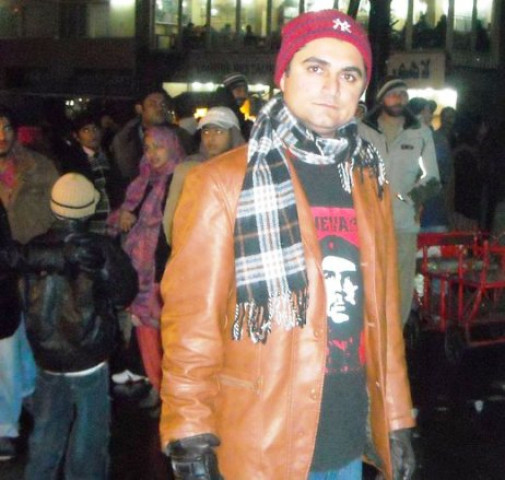Deadly business
Wali Khan Babar, gunned down in Karachi, is the first Pakistani journalist to die in the line of duty in 2011.

According to the Committee for the Protection of Journalists, a US-based watchdog body, Pakistan emerged as the world’s deadliest place for members of the profession in 2010. There are no indications that this will change, unless far greater commitment is demonstrated by various groups. The government needs to devise policies in this respect. What is perhaps even more imperative is that media bodies work out a code of conduct to protect journalists. In an age when fierce competition poses its own perils, an agreement is needed that cameramen, reporters and others on the frontline of action will keep a safe distance when covering events involving terrorism. Preventing death is more important than bringing images into living rooms. Organisations running newspapers or TV channels should put in place work guidelines and also insurance policies for members of staff. Protective gear could help in some cases. Among those most at risk are stringers based in conflict-torn areas, who do not have the protection offered by large offices and who are often based within strife-torn communities. Special attention needs to be given to their plight.
The fact that so many dangers now face journalists stems also from the failure to penalise those responsible for violence in the past. Several high-profile cases of murder remain unsolved; suspicions of agency involvement heighten the threat — and this only leaves others in the field in a great deal of danger.
Published in The Express Tribune, January 17th, 2011.















COMMENTS
Comments are moderated and generally will be posted if they are on-topic and not abusive.
For more information, please see our Comments FAQ